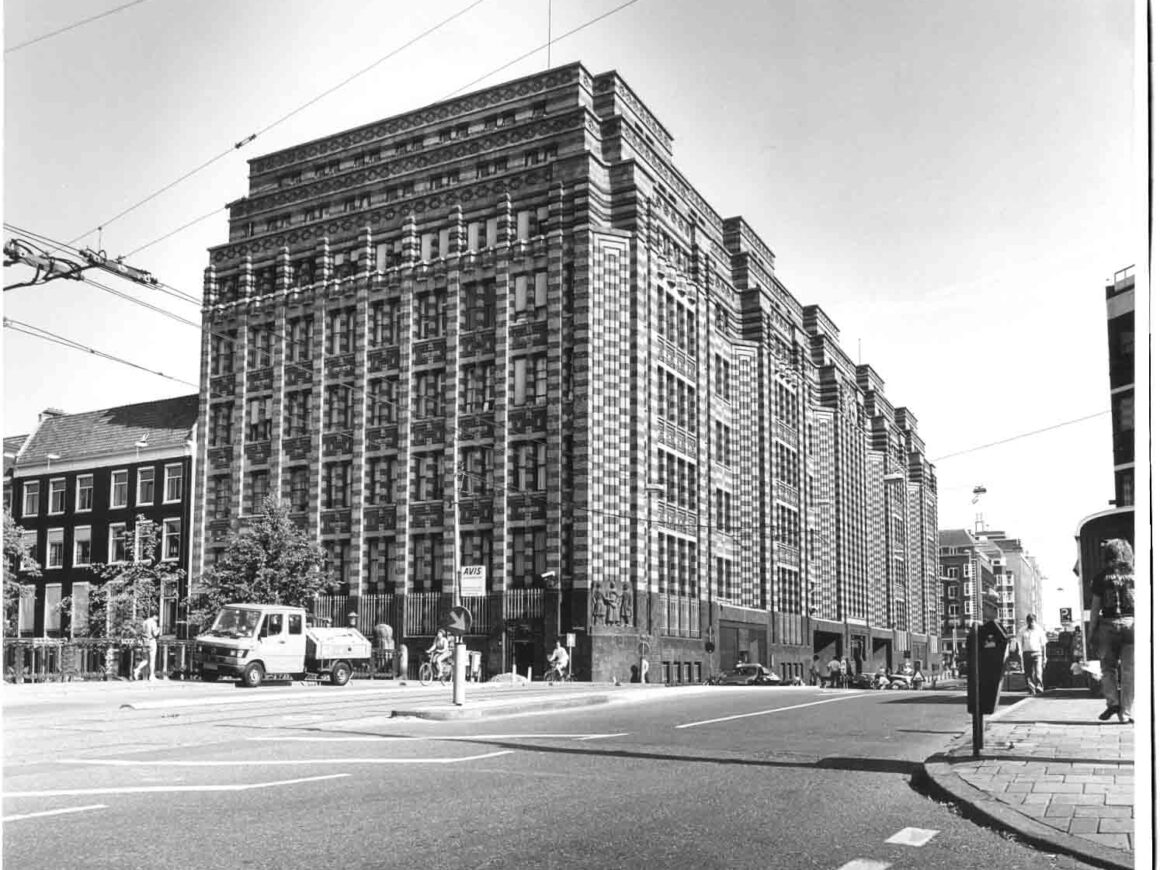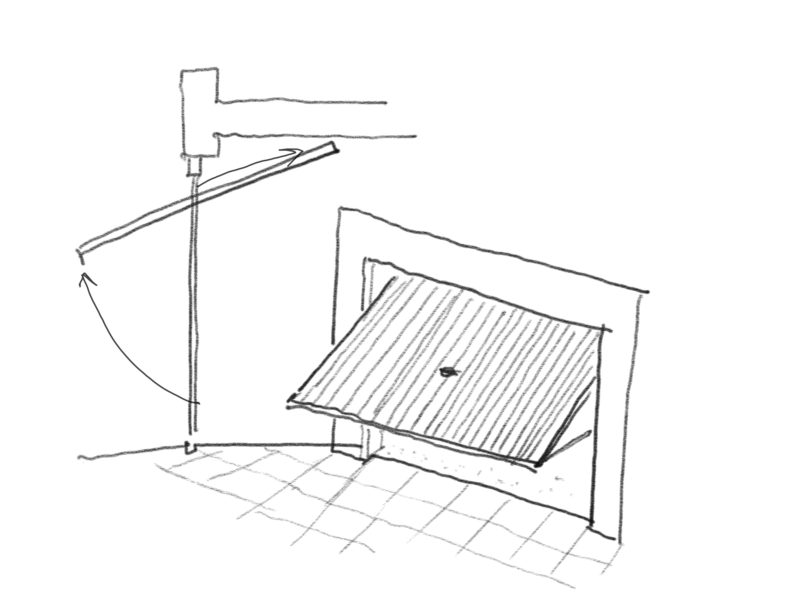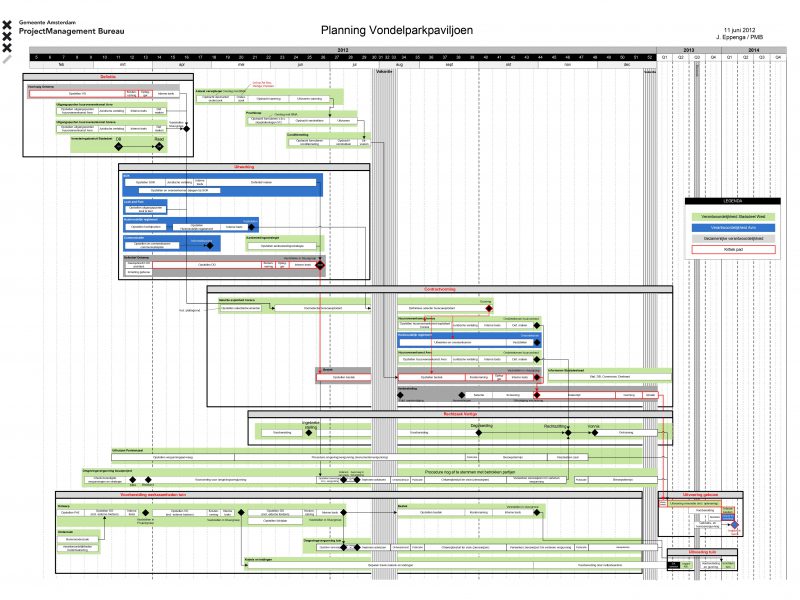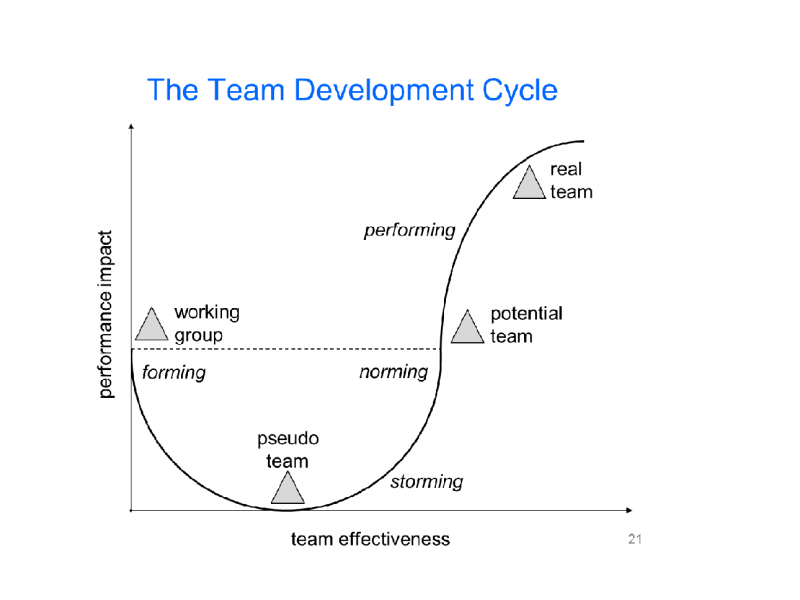On Monday 6th October the DCM lecture will be about a lawsuit between a Contractor and the Municipality of Amsterdam presented by Benno den Teuling of Six Legal. The discussion in the lawsuit was about delay and additional work and the costs claimed by the contractor on a mayor construction project in Amsterdam.
After a lawsuit of about 5 years, the?judgement?of the court of appeal was in?favour?of the city?and?most of the claims by the contractor were rejected.
The topics discussed during trial are the usual problems in construction projects: delay and additional work.
About additional work
Concerning additional work claimed by the contractor the court was clear in its judgement.
The court stated that the contractor did not follow the, maybe rigorous, procedures.
But the procedure was part of the buildings specifications and part of the contract signed.
It stated that the contractor had to inform the client upfront about additional work and its costs.
Notifying the client afterwards was not accepted and not paid.
During construction a great amount of additional work was claimed by the contractor after the work was finished. This was not according to the contract and the municipality rejected these claims for extra work and payments.
The court judged in favour of the client and stated that the client was obliged to reject claims on procedural and contractual grounds. As you can understand it was a harsh verdict for the contractor.
About delay
About the delay of more than a year the court also had a harsh judgement.
All claims of the contractor were rejected and a penalty of about 300.K was imposed.
In the contract a delivery date was set: a year after signing the contract.
Construction lasted a full year longer than planned.
You can imagine that this comes along with high costs for both client and contractor.
The question during trail was; who was to blame for this and who had to pay for the financial damage?
There were several considerations by the judges but most important was that the contractor failed to prove that the delay of the whole year was caused by the client. In other words the court was not convinced by the arguments posed by the contractor. The contractor did what was stated in the building specifications. All the additional work was, as stated in the specifications inclusive a fee for time related costs.
On Monday we will dive deeper into this particular case and we will ask students about their opinion.






